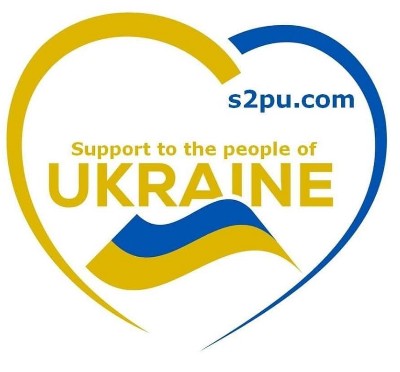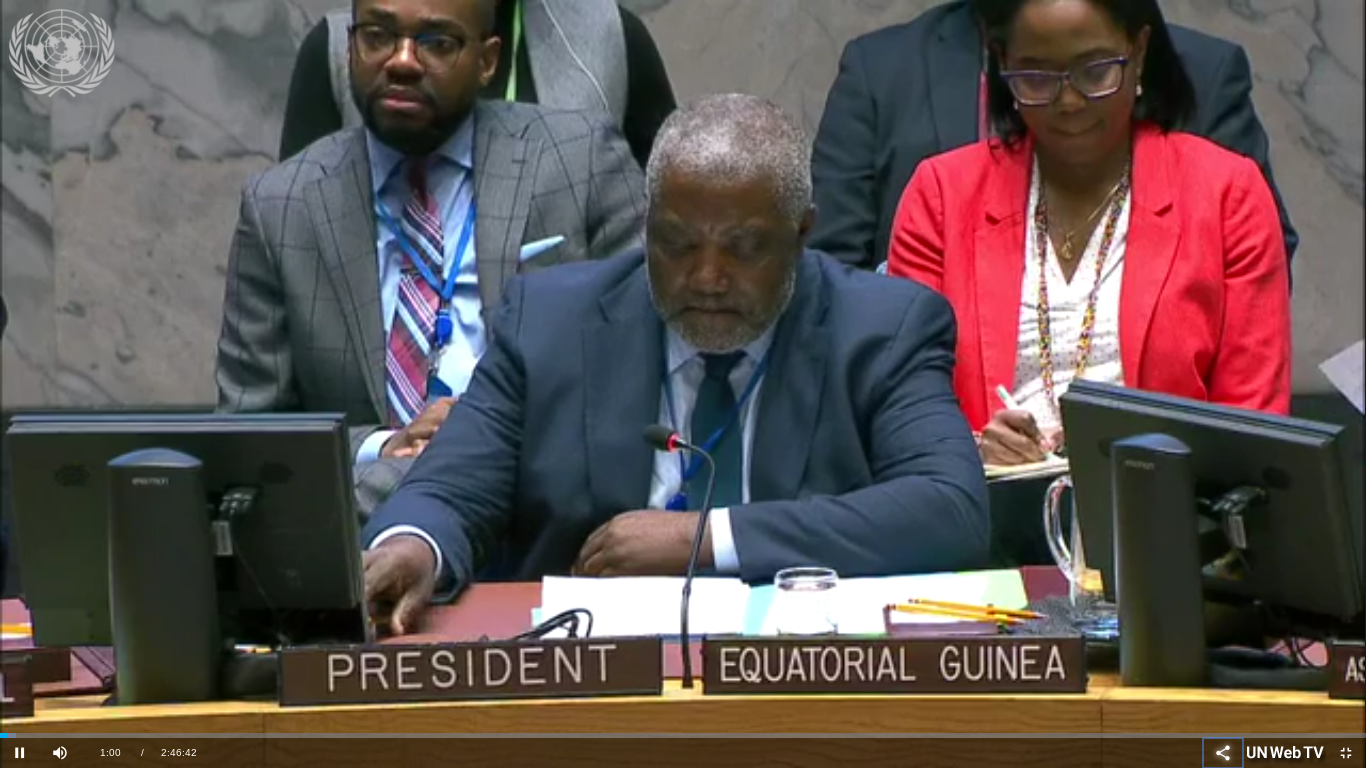UN Security Council meeting on the situation in Ukraine:
📍called on Russia to immediately stop fueling the conflict by providing financial and military support to the armed foundations;
📍fully support the independence, sovereignty & territorial integrity of Ukraine within the internationally recognized borders;
📍remain deeply concerned about information on the presence of Russian military equipment and personnel in areas currently not under the control of the Government of Ukraine
Here is a video from the meetings in UN
Accusations Fly over Presence of Heavy Weaponry as Delegates Voice Deep Concern over Plight of Civilians, Infrastructure.
While the 2015 Minsk agreements are the only agreed framework for a negotiated peace in eastern Ukraine, they remain largely unimplemented, senior United Nations and other officials told the Security Council today, urging all parties to the conflict to uphold their commitments to uphold a permanent ceasefire.
“There is an urgent need to agree on the additional measures that would make the ceasefire sustainable and irreversible,” emphasized Miroslav Jenča, Assistant Secretary-General for Europe, Central Asia and the Americas in the Department of Political and Peacebuilding Affairs, one of four expert briefers on latest developments.
He said negotiations appear to have lost momentum, with stakeholders either unable or unwilling to reach agreement on forward steps. Advanced military positions on both sides of the contact line are also coming closer to each other in the so-called “grey areas”, he added. Now in its sixth year, the conflict remains an active threat to international peace and security, he stressed, urging the parties to avoid unilateral actions that could deepen the divide.
Ursula Mueller, Assistant Secretary-General for Humanitarian Affairs and Deputy Emergency Relief Coordinator, underlined that civilians continue to pay the highest price, with more than 3,000 having been killed and nearly 9,000 injured since the conflict began in 2014. Some 3.5 million people will need assistance and protection in 2019, she said, urging both sides to do more to improve conditions at checkpoints, and all parties to stop using landmines immediately.
Ertuğrul Apakan, Chief Monitor of the Special Monitoring Mission to Ukraine of the Organization for Security and Cooperation in Europe (OSCE), spoke by videoconference from Minsk, saying that the number of ceasefire violations have decreased since the last recommitment on 29 December. However, heavy weapons have not been fully withdrawn and continue to be used, he noted, adding that challenges to the Mission’s freedom of movement remain. He stressed the responsibility of both sides to make good on their commitments and ensure effective monitoring by the OSCE.
Martin Sajdik, Special Representative of the OSCE Chairperson-in-Office in Ukraine and in the Trilateral Contact Group, also spoke from Minsk, saying that conditions at checkpoints continue to deteriorate. Stressing that 1.1 million crossings occur each month, he said that “the absolutely full” implementation of the Minsk agreements is crucial.
In the ensuing debate, the Russian Federation’s representative said his delegation had every reason to call today’s meeting since Kyiv is not abiding by the ceasefire, but rather, moving deep into the grey area. The Special Monitoring Mission confirmed that new Ukrainian tanks and artillery have arrived in Donbass, he added. Nor is Kyiv carrying out its political commitments, he said, stressing that instead, it is trying to re-launch discussion of issues already agreed, an effort condoned by its Western partners.
On that point, Ukraine’s delegate said today’s meeting proves only that the Russian Federation’s ongoing military activity in his country’s occupied Donetsk, Luhansk and Crimea regions is obstructing peace. As of this February, Russian-armed formations in Donbass have 496 main battle tanks in their possession, comparable to the combined arsenals of Germany and France. The 35,000-strong armed force in occupied Donbass is supported by more than 2,100 members of the Russian military, he said, demanding: “What do these numbers speak of in terms of Russia’s real intentions?”
Germany’s delegate said the Minsk accords and ongoing negotiations are the only avenues through which progress has been seen, and they must, therefore, be pursued alongside improved implementation within the framework of the Trilateral Contact Group. Germany remains ready to explore — with its Normandy-format partners (France, Russian Federation, Ukraine) — how a United Nations mission can contribute to progress, he emphasized.
France’s representative, meanwhile, stressed that the conflict is not the outcome of a Western arrangement. The Special Monitoring Mission plays a central role in the quest for a solution, he noted, urging all parties — especially the separatists — to allow it to circulate freely throughout the territory, including Russian Federation-Ukraine border areas.
Also speaking today were representatives of Kuwait, Poland, United States, Indonesia, China, South Africa, Peru, United Kingdom, Belgium, Côte d’Ivoire, Dominican Republic and Equatorial Guinea.


Comments powered by CComment